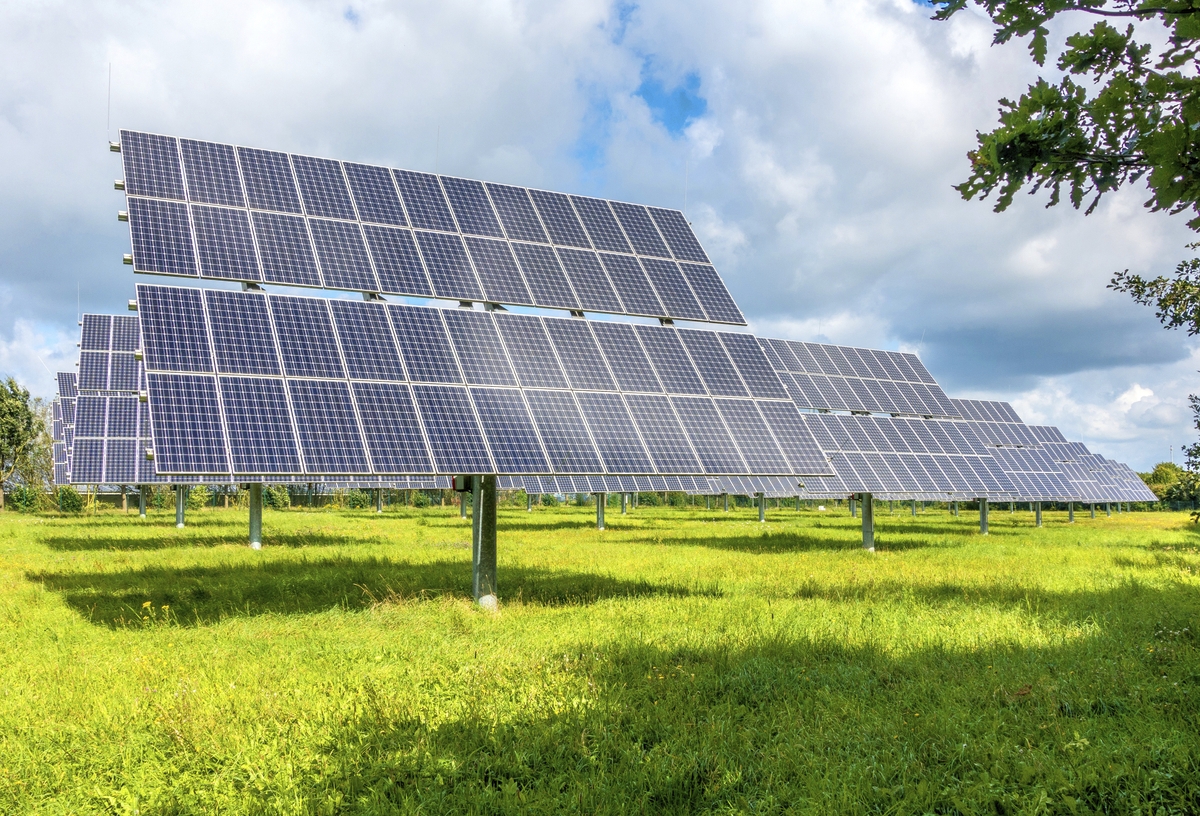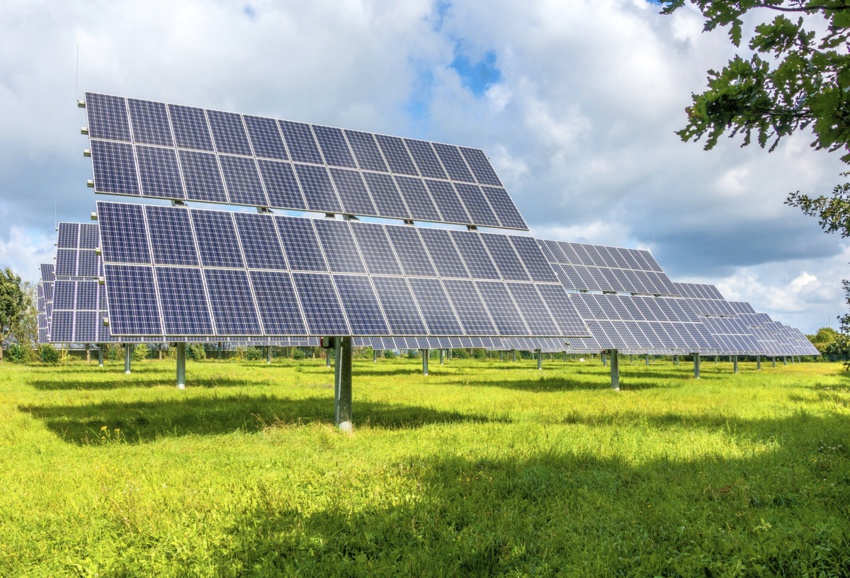Addressing climate change will require substantial investment, estimated at $4.8 trillion annually until 2030 to achieve net-zero emissions. Despite the staggering figure, it represents only a fraction of global GDP. The real challenge lies in mobilizing these funds effectively.
Recent years have seen a surge in global investment towards clean energy technologies, reaching $1.8 trillion last year, yet this amounts to just 1.7% of the world's GDP. By comparison, military spending stands at 2.1% of GDP, highlighting the capacity to redirect capital towards urgent priorities.
Historically, during times of crisis such as the Cold War or the Covid-19 pandemic, funding has been swiftly mobilized, demonstrating the ability to increase investment when necessary. This does not imply a shift from essential sectors like healthcare to environmental initiatives, but it underscores the potential for prioritizing and directing resources effectively.
China leads in energy transition spending, accounting for over a third of global investment, with a significant portion directed towards renewables and electrified transport. Moreover, China's investment as a percentage of GDP surpasses the global average, indicating a strong commitment to sustainable development.
The European Union also stands out with initiatives like the REPowerEU plan and Fit for 55, aiming to reduce emissions and promote green technologies, positioning the region as a significant player in the transition towards a sustainable future.
However, several major economies including the US, Brazil, and Japan are falling behind in their transition to clean energy. In countries like the US, Japan, and India, a significant portion of the budget is allocated to military capabilities, surpassing investment in energy transition as a percentage of GDP. Interestingly, the situation is reversed for Germany and even China.
Looking ahead, there is an urgent need to increase investment in clean energy to prevent catastrophic climate consequences. According to BNEF's Net Zero Scenario, the required capital would amount to approximately 3.5-4% of GDP annually throughout the remainder of this decade.
While there may be sufficient funds available in theory to align with a net-zero trajectory, the crucial question is whether the public and private sectors can effectively coordinate to channel financing into the most crucial areas, particularly in emerging economies.
Recent years have seen a surge in global investment towards clean energy technologies, reaching $1.8 trillion last year, yet this amounts to just 1.7% of the world's GDP. By comparison, military spending stands at 2.1% of GDP, highlighting the capacity to redirect capital towards urgent priorities.
Historically, during times of crisis such as the Cold War or the Covid-19 pandemic, funding has been swiftly mobilized, demonstrating the ability to increase investment when necessary. This does not imply a shift from essential sectors like healthcare to environmental initiatives, but it underscores the potential for prioritizing and directing resources effectively.
China leads in energy transition spending, accounting for over a third of global investment, with a significant portion directed towards renewables and electrified transport. Moreover, China's investment as a percentage of GDP surpasses the global average, indicating a strong commitment to sustainable development.
The European Union also stands out with initiatives like the REPowerEU plan and Fit for 55, aiming to reduce emissions and promote green technologies, positioning the region as a significant player in the transition towards a sustainable future.
However, several major economies including the US, Brazil, and Japan are falling behind in their transition to clean energy. In countries like the US, Japan, and India, a significant portion of the budget is allocated to military capabilities, surpassing investment in energy transition as a percentage of GDP. Interestingly, the situation is reversed for Germany and even China.
Looking ahead, there is an urgent need to increase investment in clean energy to prevent catastrophic climate consequences. According to BNEF's Net Zero Scenario, the required capital would amount to approximately 3.5-4% of GDP annually throughout the remainder of this decade.
While there may be sufficient funds available in theory to align with a net-zero trajectory, the crucial question is whether the public and private sectors can effectively coordinate to channel financing into the most crucial areas, particularly in emerging economies.


 Balancing Military Spending: Urgent Need for Increased Clean Energy Investment to Avert Climate Disaster
Balancing Military Spending: Urgent Need for Increased Clean Energy Investment to Avert Climate Disaster





 Companies
Companies